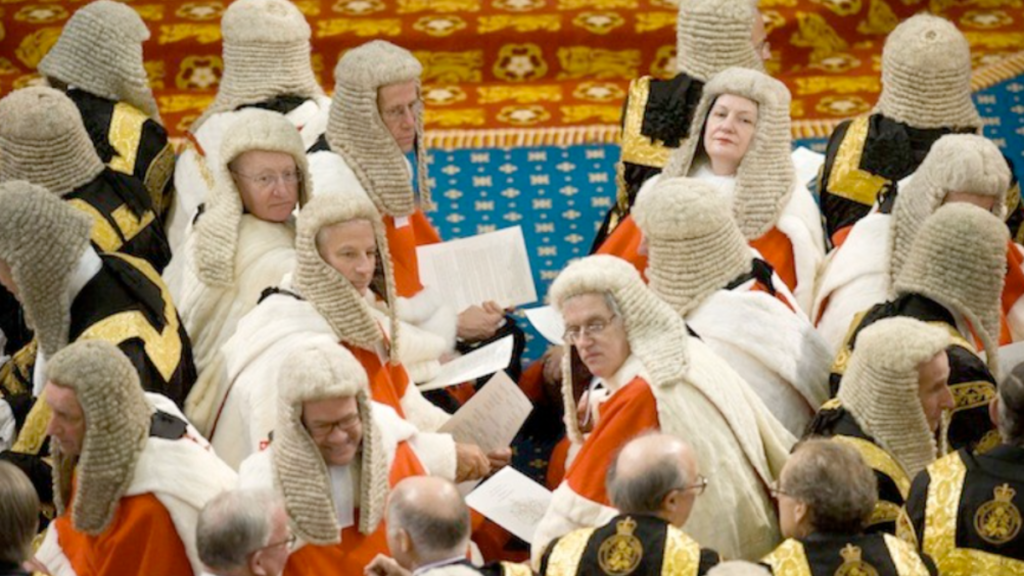This issue might seem purely procedural, but it is not. After a long debate in the House of Lords (which, together with the House of Commons, forms the parliament of the United Kingdom), Lord Michael Bruce Forsyth, chairman of the Committee on Economic Affairs of the same House and member of the Conservative Party, decided to withdraw the amendment that would have introduced so-called “assisted suicide” into the text of the Health and Care Bill.
Several of Baron Forsyth’s colleagues from across the political spectrum opposed the amendment, which would have forced the government to submit an “assisted suicide” bill to Parliament within a year of the passage of the Health and Care Bill.
The procedural reason alluded to is actually twofold. On the one hand, there is already a text currently being examined by parliament specific on the subject, namely the “Assisted Dying Bill”. The Assisted Dying Bill, advanced by Baroness Molly Christine Meacher, has already sparked controversy and has been at the center of many clashes inside and outside the Chambers.
Lord Daniel Michael Gerald Moylan, a fellow Conservative of Forsyth’s, has challenged the motion stating, “[…] the idea that we can impose on the government something it doesn’t want to do, for which it has no electoral mandate and which is not on its policy platform, seems like an abuse.”
Beyond the mere procedural issue, however, the debate among the Peers raised significant questions of substance. For example, the relationship between “assisted dying” and palliative care is always inversely proportional: where there is access to “assisted dying” in the UK, one finds that end-of-life care is less highly regarded and offers less quality than elsewhere.
In turn, Lord Robert Thomas William McCrea, of the Democratic Unionist Party, added during the debate in the Upper House that “[…] an assisted suicide bill, however well intended, would alter society’s attitude toward the elderly, the seriously ill, and the disabled, sending the message that assisted suicide is an option they should consider.”
Outside of parliament, Catherine Robinson, the spokesperson for Right To Life UK, a pro-life charity and focal point for the cross-party Parliamentary Intergroup for Life, has spoken out strongly. Robinson stated, “Peers were right to criticize Lord Forsyth’s assisted suicide amendment as procedurally improper and fundamentally dangerous in its obvious attempt to ensure the legalization of assisted suicide. As has been pointed out repeatedly in the debate […], parliament is already considering Baroness Meacher’s Assisted Dying Bill, and has rejected hundreds of amendments demonstrating how impractical and unwise it is.”
The battle is won, but not the war, however: Lord Forsyth in fact expressed the intention to present the amendment again in the report stage of the bill, scheduled between February and March.
